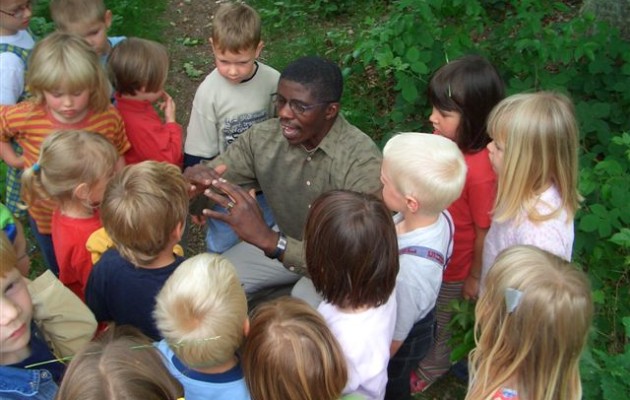JOHANNESBURG, 15.03.2016: Following the recent spate of `racial´ incidents in the country, the University of the Witwatersrand (Wits) Centre for Diversity Studies held a “Dialogue” last week to discuss the issue under the theme ‘Re-imagining Afrikaner Identities: An interactive dialogue’*.
Centre for Diversity Studies director, Professor Melissa Steyn, said South Africa had not entered a post-apartheid, colour-blind era. Professor Steyn is author of the survey-findings on `White Identity in a Changing South Africa´ published in 2001, entitled “Whiteness Just Isn’t What It Used To Be.”
Melissa Steyn maintains that the recent `racial´ incidents were an indication that transformation was not a linear process.
Professor Leon Wessels, who was a member of parliament in the apartheid-regime and later Commissioner of the South African Human Rights Commission, remarked that greater reconciliation between and among individuals and population-groups, were needed in the country.
He said one of the greatest challenges was that many people were losing hope for a better life.
Economic Freedom Fighters (EFF) Hatfield/Tshwane-region deputy-chair Jaco Oelofse said there was a need for dialogue as it was important to understand the [so-called] `Afrikaner´-question within the broader question of white supremacy.
Oelofse brought to mind that Afrikaans-speaking white South Africans were in Africa owing to colonial conquest, a process that led to the systematic eradication and oppression of native populations of Africa.
According to Oelofse, the current “Dialogue” would hopefully expose some of the reasons why Afrikaans-speaking white South Africans generally would be reluctant to incorporate themselves into the greater South African community.
Oelofse and his party would support any initiative that could create an intellectual dialogue with fruitful outcomes, especially if that effort focused on white supremacy, which was, furthermore, “rooted in oppressive patriarchy”.
The “Dialogue” was one of many in the country organised by the Nelson Mandela Foundation, Ahmed Kathrada Foundation, Foundation for Human Rights, the Anti-Racism Network in Higher Education and the University of the Witwatersrand.
Source: Polity, 15.03.2016; edited by Ben Khumalo-Seegelken.
*see also [on the same topic]>> Chrisi van der Westhuizen

[…] differs considerably from Anglo-American rhetoric’ (Hyland 126). Another example can be found in South Africa, where fresh ideas on identity have been produced from the intense academic polemical debates on […]